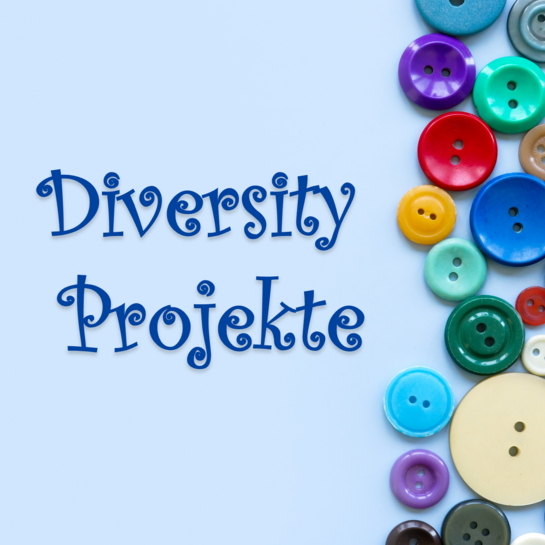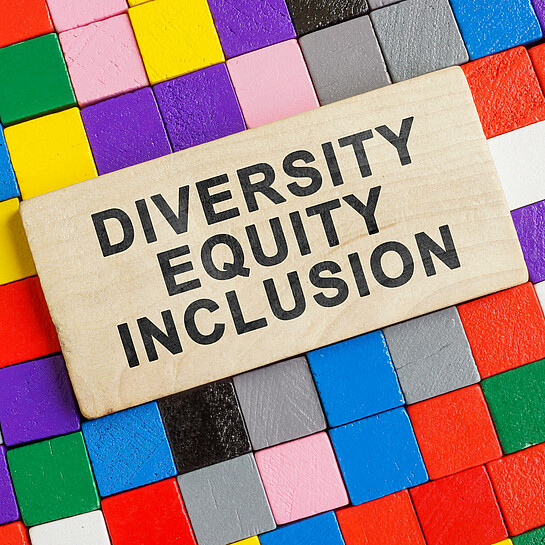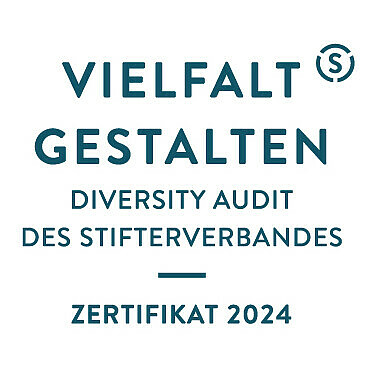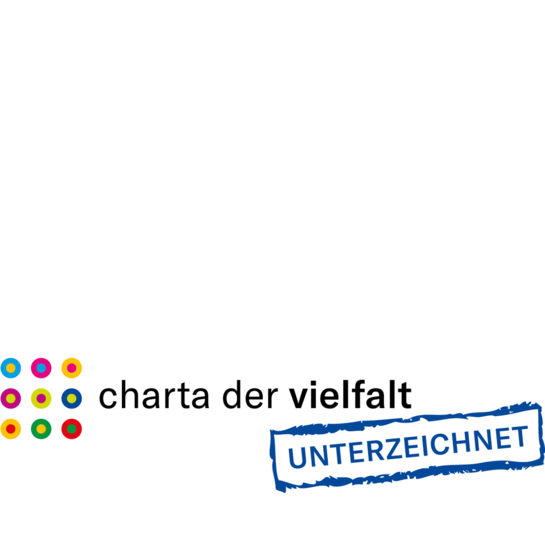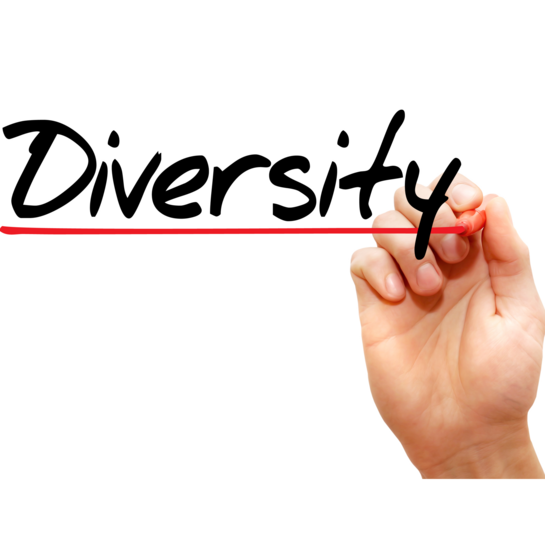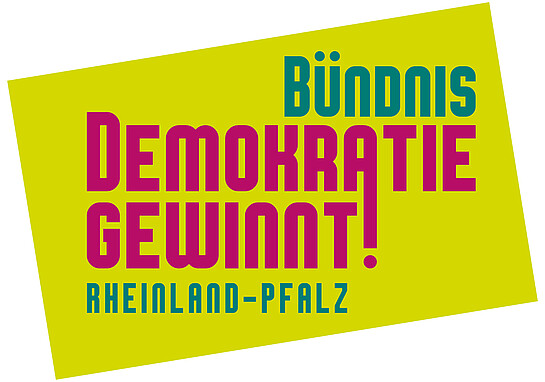Diversity
The Ludwigshafen University of Business and Society is committed to vibrant diversity and equal opportunities. In addition, open and respectful interaction in the workplace is particularly important to us. The term diversity refers to the differences between people in terms of visible and invisible characteristics such as gender, nationality, cultural diversity, different age groups, world views, religion and physical and mental abilities. Diversity can be associated with challenges, as working together is not always free of conflict. Nevertheless, the HWG LU sees diversity primarily as an opportunity and enrichment and would like to promote and utilize the diverse potential of its students and employees.
With its activities in the area of diversity, the university would like to contribute to the development of a diversity-oriented and non-discriminatory university culture. The concept of diversity is anchored in many areas of the university's strategy. For example, HWG LU has been audited as a "family-friendly university" since 2002. In 2010, it signed the "Diversity Charter" and has regularly participated in the "Diversity Days" ever since. In June 2014, a "mission statement" was adopted, which enshrines vibrant diversity and equal opportunities as core values. In addition, a "Guideline for Protection against Discrimination" has been in place since 2018 . In March 2024, HWG LU was awarded the "Shaping Diversity" certificate by the Stifterverband for the successful completion of a two-year auditing process.



